U.S. Nuclear War Policy
How many times have we come close to destroying the world? You don’t want to know. In this discussion, Noam Chomsky and Daniel Ellsberg review the disturbing historical record. They talk about the phony bomber and missile gaps that were used to justify more military spending. Today dangers are increasing. So much so that the Bulletin of the Atomic Scientists has moved its doomsday clock to two minutes before midnight. In response to the question of, What can we do? Chomsky says, “We can do a lot, if people understand that in every single one of these crisis situations there are feasible, peaceful solutions. North Korea, Iran, Russian border, new START Treaty, cutting back nuclear weapons. In every one of these cases there are very clear diplomatic options. With enough citizen dedication, activism, and pressure, I think governments can be compelled to pursue those options.”
Recorded at the University of Arizona.
Speakers
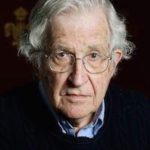
Noam Chomsky
Noam Chomsky, by any measure, has led a most extraordinary life. In one index he is ranked as the eighth most cited person in history, right up there with Aristotle, Shakespeare, Marx, Plato and Freud. His contributions to modern linguistics are legendary. In addition to his pioneering work in that field, he has been a leading voice for peace and social justice for many decades. Chris Hedges says he is “America’s greatest intellectual” who “makes the powerful, as well as their liberal apologists, deeply uncomfortable.” The New Statesman calls him “the conscience of the American people.” He is Professor Emeritus in the Department of Linguistics and Philosophy at MIT and Laureate Professor of Linguistics and Haury Chair in the Program in Environment and Social Justice at the University of Arizona. At 95, he continues to inform and inspire people all over the world. He is the author of scores of books, his latest are Consequences of Capitalism, Chronicles of Dissent and Notes on Resistance.
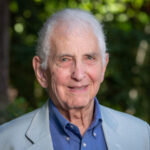
Daniel Ellsberg
Daniel Ellsberg was a company commander in the Marine Corps. In 1959 he joined the RAND Corporation as an analyst. In 1964 he was recruited to serve in the Pentagon under Robert McNamara. He precipitated a national political crisis when he released the Pentagon Papers, a top-secret government study about Vietnam. Kissinger called him “the most dangerous man in America.” He is the author of Secrets and The Doomsday Machine: Confessions of a Nuclear War Planner. He is the recipient of the Right Livelihood Award and the Olof Palme Prize for his “profound humanism and exceptional moral courage.” He was an outspoken supporter of other whistleblowers such as Edward Snowden, Julian Assange and Chelsea Manning. He died at the age of 92 in June 2023.

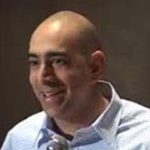
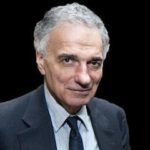
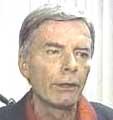


Reviews
There are no reviews yet.